Chances are, if you’ve been in nonprofit development for any length of time, you share the feelings of one of the members of Simple Development Systems who wrote that her greatest challenge was: “motivating the Board to do something instead of always relying on me to do everything.”
Today’s guest posting, from Gail Perry, shares strategies to lead your board in the right direction.
Whenever I bring up the subject of boards, so many fundraisers roll their eyes.
Why are our boards such a huge pain point and what can we do about it?
I say we have to face reality about some sensitive topics: people, motivation, volunteers and commitment rather than chasing after some myth of the ideal board.
Let’s be realistic and see what we really can expect from our board – particularly in the area of fundraising.
Let’s remember that most board members are afraid of fundraising because they are embarrassed and fear rejection. And they generally are not sure what your expectations are of them.
Get your expectations in the right order and you’ll have a happy relationship – and a productive one – with your board.
Here’s what you can count on – and what you can’t – with your board members.
WHAT YOU CAN COUNT ON
- Most board members really do want to help. They just don’t know how. It’s really up to you to motivate, guide and support them. If you do make this investment of your time and energy, then you’ll have a gold mine of great board members on your hands.
- Most board members are open to and even enjoy education. They don’t like “training” but they do like “education.” June Bradham, author of “What Nonprofit Boards Want” says that the word “training” makes them feel like seals. Most board members are eager to do a good job and want to know what their job is. The clearer your job expectations are for board members, the more you’ll get out of your board.
- Most board members are capable of being terrific friendmakers if they know the right thing to say and they are pumped up. But you need to teach them what friendmaking is all about or they may go in the wrong direction.
- Most board members are happy to help thank donors. In fact, they love it! And you can increase donors’ future gifts if your board members make thank you calls quickly to donors.
- Most board members can be terrific “sneezers” spreading the viral message around your community. Just make sure they can practice what do say in a comfortable, natural fashion.
HERE’S WHAT YOU CAN’T COUNT ON
- You can’t expect them to be good at soliciting. That’s a special skill and personality type. Frankly I don’t even want all my board members out there soliciting because some of them would not be very good at it. Treasure the board members who are good at soliciting and find other productive jobs for those who are better at other things.
- You can’t expect them to show up at every event. You need to tell them what your priorities are – what’s essential and what’s optional. Then, when they have a clear idea of what you need from them, they can give it to you
- You can’t expect them to know exactly what to say. You might think they know the mission, vision and case for support, but they need practice, practice, practice putting it into their own words.
- You can’t expect them to maintain their passion on their own. It’s your job to keep them pumped up and excited about the cause. If you do, you’ll have an enthusiastic, fired-up team helping you spread the word and make connections!
- You can’t expect them to keep coming to boring meetings. Busy people will flee if they feel their time is not well used. If you liven up your meetings, then you’ll also liven up your board!
So set your own expectations correctly, provide the leadership and support your board needs, and you’ll be rewarded with a high-performing team!

Would you like to be featured on Pamela’s Grantwriting Blog? Email me for blog submission guidelines.
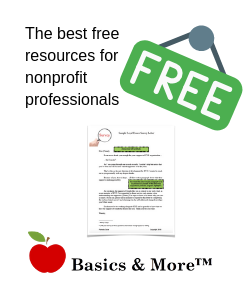
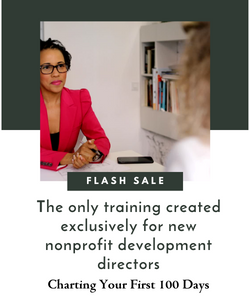

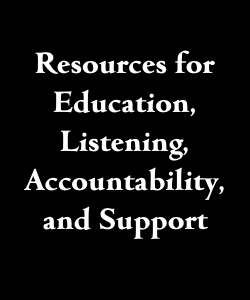









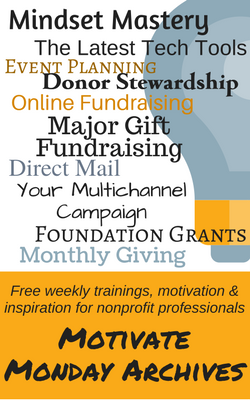

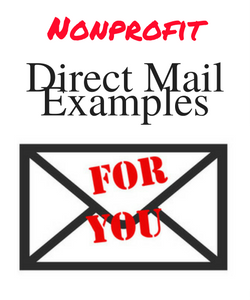


 I can’t wait to meet with you personally.
I can’t wait to meet with you personally.
Comments on this entry are closed.